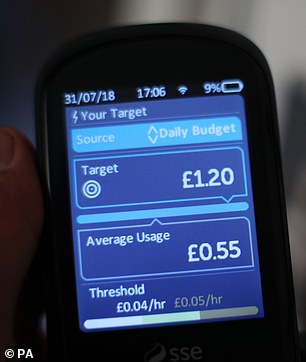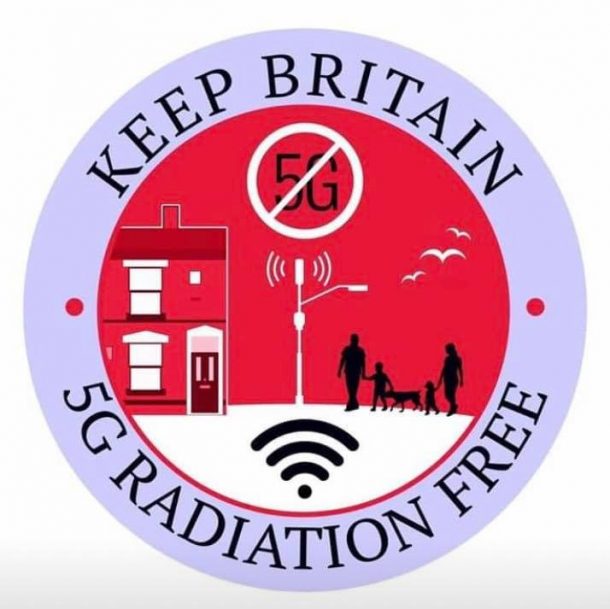
Households have been warned they face ‘very high’ bills if they continue to reject new smart meters.
The Government wants 85 per cent of homes to have a smart meter to monitor power usage by 2024 – but the rollout has been plagued by delays.
However, climate change minister Lord Duncan told the business, energy and industrial strategy committee those who refused a smart meter would soon ‘find the stick’ of rapidly rising bills. He said the cost of maintaining a traditional meter would increase as the rollout progressed because it would be more expensive for suppliers to do manual readings.
He added: ‘Once you get to the point of moving down from 15 per cent to 10 per cent to 9 per cent and so forth, the expense of maintaining these relic meters will be very high.’
And he warned energy suppliers who failed to reach their rollout targets would feel ‘the full force of the law’, adding: ‘There will be an awful lot of climate protesters glued to the side of their building if they are literally failing to… help with climate change.’
Last month, the Government revealed suppliers would have an extra four years to install a smart meter in every UK household. It also admitted only half of households would have one by the original 2020 target and that the estimated rollout cost had soared by £2.5billion to £13.5billion.
So far about 16.6million smart meters have been installed across the UK – although the speed of growth has slowed. Older smart meters – known as Smets1 – ‘go dumb’ or stop working when households switch suppliers.
Yesterday, MPs criticised gas and electricity industry regulator Ofgem for continuing to install the older models. Tory MP Stephen Kerr said it was ‘a waste of money’ as there was a ‘high possibility’ these meters would soon have to be replaced. He also slammed the ‘constant technical issues’ of the rollout.
About 14million Smets1 models have been installed, with 4,500 transferred to the Government-backed DCC network so that they can continue to work when customers change suppliers.
Mary Starks, of Ofgem, said older models would be installed only under exceptional circumstances, for example if a property was unable to connect to new models.


Recent Comments